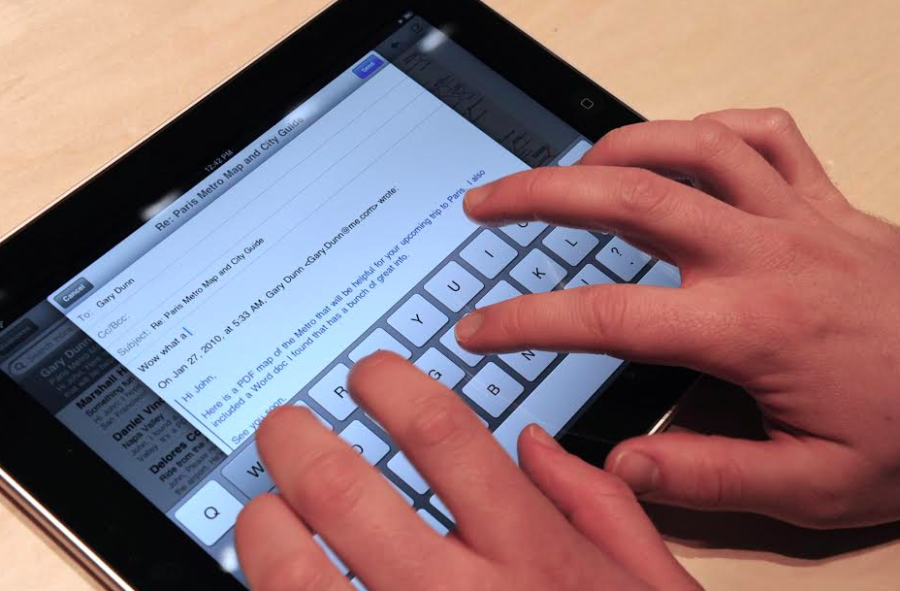Email, a beneficial disadvantage
Email. While it gives us a function of convenient communication, it can sometimes psychologically bully us. There can be many reasons for that, but one of the major ones is simply the presence of smartphones, according to studies.
You might be wondering what the problem with smartphones is. It goes without saying that smartphones have enhanced people’s quality of life. However, the Journal of Occupational Health Psychology found that workers who are expected to be available outside of their workplaces have higher levels of stress because they are expected to be ready to work at any given time.
This new phenomenon is known as telepressure, also known as the urge to respond immediately to work-related emails, no matter when you receive them. Larissa Barber, assistant professor of psychology at the Northern Illinois University, explains: “It’s like your to-do list is piling up, so you’re cognitively ruminating over these things in the evening and re-exposing yourself to workplace stressors.”
To find evidence that supports this theory psychologists from the University of Hamburg asked 132 people from 13 workplaces to participate in a daily survey for an eight day period — four hours when they should be at work, and the other four hours when they have free time. Additionally, half of the participants provided their saliva for examinations of the level of cortisol, the hormone released in response to stress.
Surprisingly (or unsurprisingly, depending on how and when you answer your emails), the participants had increased cortisol levels when they answered the survey at their workplace. But perhaps even more surprisingly, the participants showed increased cortisol levels when they answered the survey outside of the workplace.
Many specialists maintain that this phenomena is due to a combination of smartphones and a culture “that increasingly blurs the lines between work and leisure.” They also say, “job contacts and work availability outside regular business hours are associated with impaired well-being.”
Marcus Butts and Wendy Boswell, each from the University of Texas, Arlington and from Texas A & M University, released a study about the emotions that come into play when emails are sent to people outside of their workplace. According to them, “When it comes to emails that are negative in tone, it makes you angry. Being angry takes a lot of focus and our resources and it keeps us from being engaged with other things.” A majority of people have experienced this: an irritating email that ruins your day.
Fortunately, Barber suggested that people can reduce stresses caused by work emails through several ways. First method is to discuss this topic with your boss if you are an employee. If you are an employer, you might want to avoid any conversational emails which makes it seem rude if employees do not respond. Instead, more formal emails are preferable, which inform employees of any appointment or meeting time without requiring further conversations.
Sources: Time

Next year, The Talon loses a tremendously important News Reporter, as Matthew Kim is a senior and finishes high school in May. The Talon knows Matthew...










